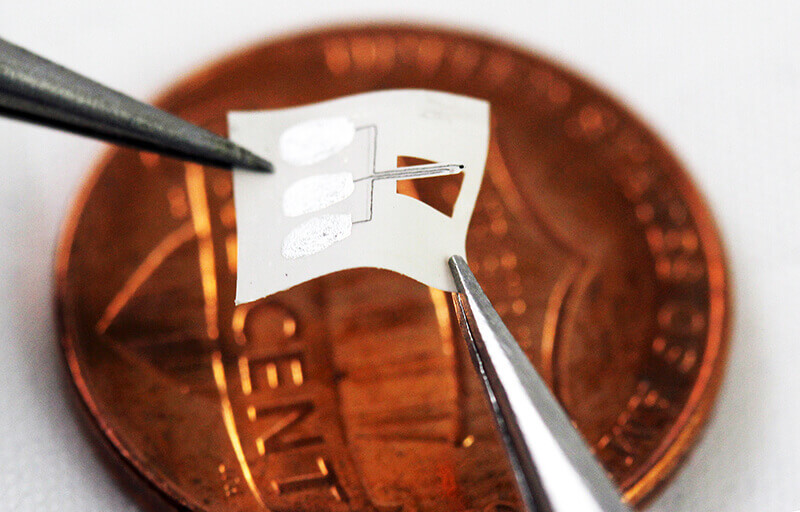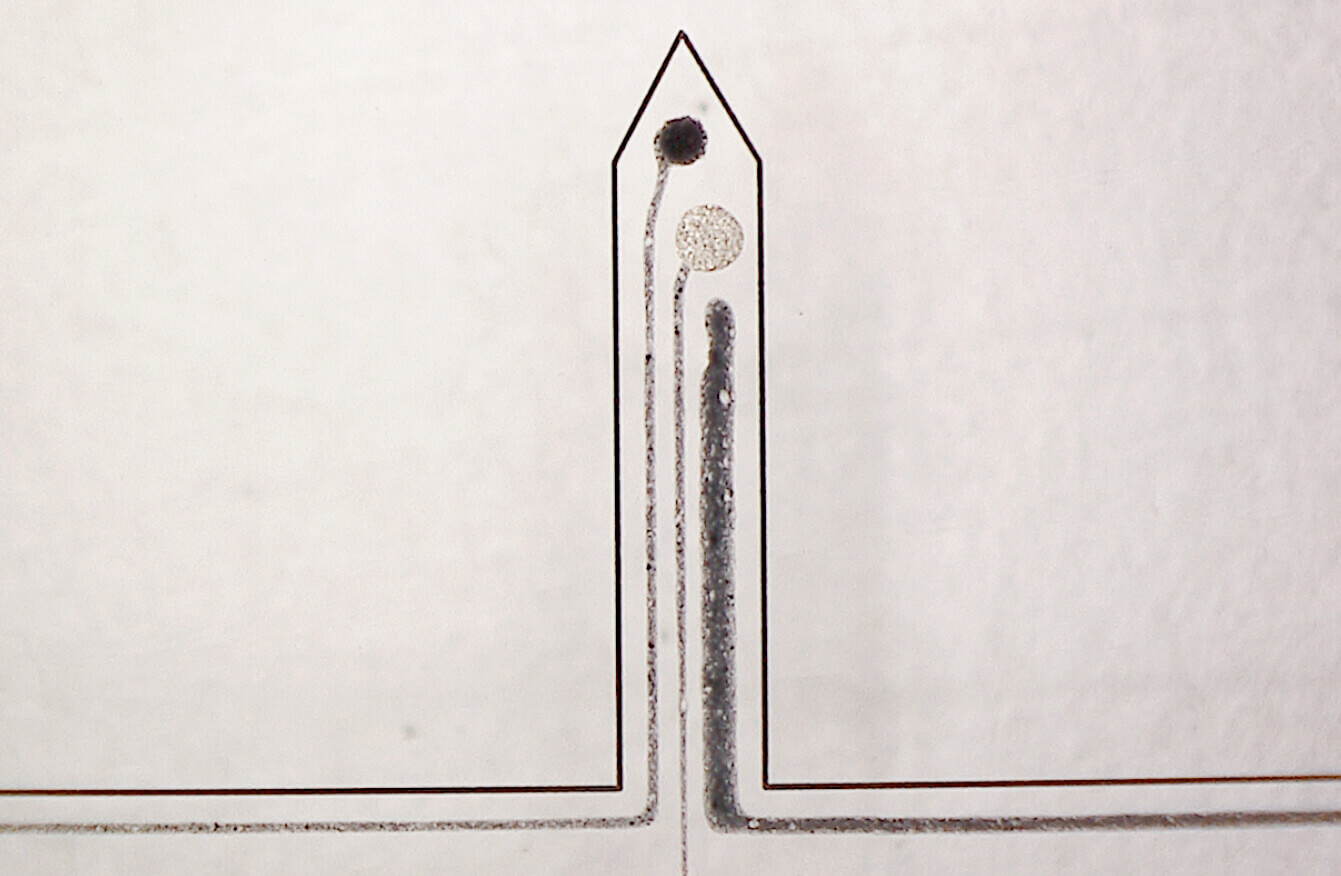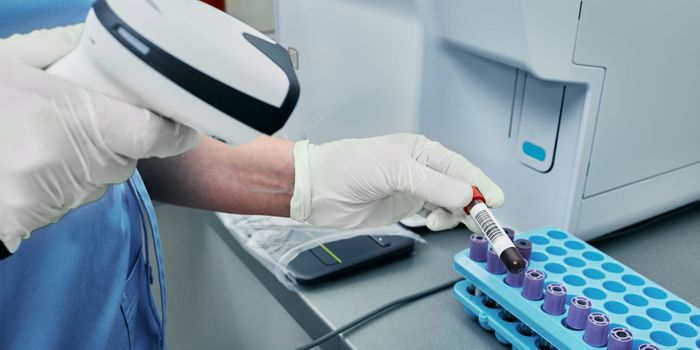Sensor Tracks Chemicals Effectively After Neurotrauma
Glutamate, a chemical messenger in the brain, can spike to toxic levels following spinal cord injury that can lead to migraines. The need to catch split-second of glutamate spike in action and follow its path of destruction is the basis of a research study by Purdue University engineers who have developed an implantable glutamate sensor.
Although the implantable sensor was primarily for research on animal models, it could be used for future clinical use. For example, the sensor could be used to monitor whether a drug for neurotrauma or brain disease is effective.

An implantable sensor has the speed and precision for tracking a brain chemical known to be elevated in certain brain diseases and after a spinal cord injury. (Purdue University image/Tran Nguyen)
“When you feel like you’re running a fever, it doesn’t matter when you check your temperature – it will probably be the same for several hours. But a glutamate spike is so fast that if you don’t capture it at that moment, you miss the whole opportunity to get data,” said Riyi Shi, a professor of neuroscience and biomedical engineering in Purdue’s Department of Basic Medical Sciences, College of Veterinary Medicine and Weldon School of Biomedical Engineering.
When researchers implanted the device into the spinal cord of injured animal model of neurotrama, they were able to capture a spike much more efficiently than current devices.
Results of the study were published in Biosensors and Bioelectronics.

New sensor technology implanted in animal models can help researchers understand the role that the brain chemical glutamate plays in neurotrauma, advising more specialized treatment. (Purdue University image/Tran Nguyen)
“We wanted to create a low-cost and very fast way to build these sensors so that we can easily provide researchers with a means to measure glutamate levels in vivo,” said Hugh Lee, a Purdue assistant professor of biomedical engineering.
Source: Purdue University








